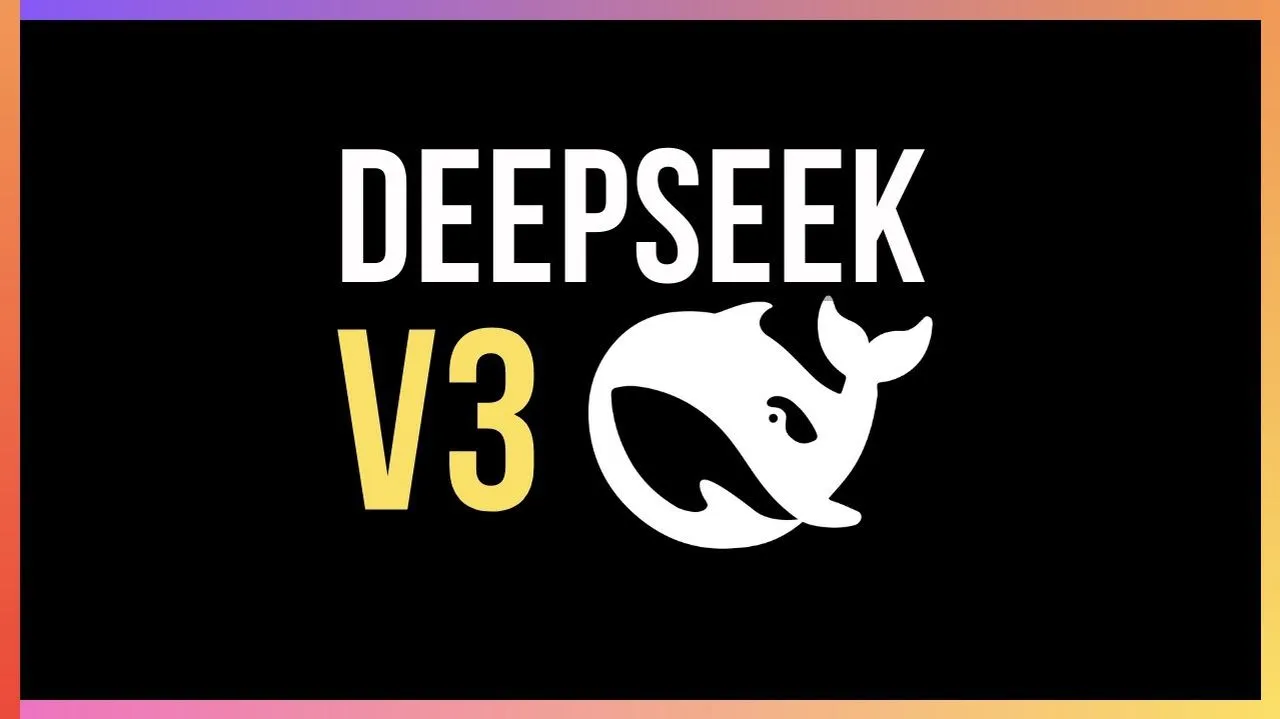
Global Ocean Clean-up Initiatives
The health of the world’s oceans is in peril. From vast patches of floating plastic debris to microplastics infiltrating marine ecosystems, pollution has become a critical issue affecting marine life, human health, and the global environment. In response, a variety of global ocean cleanup initiatives have emerged, aiming to tackle this immense challenge. These initiatives range from grassroots volunteer efforts to sophisticated technological interventions, all united by a common goal: to rid our oceans of plastic waste and preserve the vital ecosystems they support.
The Scale of the Problem
The scale of ocean pollution is staggering. Every year, millions of tonnes of plastic waste enter the oceans, with devastating consequences for marine life. It is estimated that there are now over 150 million tonnes of plastic in the ocean, a figure that is expected to triple by 2040 if no action is taken. This plastic waste includes everything from large items like discarded fishing nets, known as “ghost nets,” to microplastics, tiny fragments that result from the breakdown of larger plastics. These pollutants are not only an eyesore but also pose serious threats to marine organisms, many of which mistake plastic for food, leading to injury or death.
Moreover, plastic pollution is not confined to the surface of the ocean. Studies have found plastic debris at depths of over 10,000 metres in the Mariana Trench, highlighting the pervasive nature of this problem. The effects of this pollution are felt across the entire marine food web, from the smallest plankton to the largest whales. As plastic breaks down into smaller and smaller particles, it can be ingested by marine organisms, entering the food chain and potentially ending up on our plates.
Major Ocean Cleanup Initiatives
In the face of this crisis, a number of ambitious initiatives have been launched to address the problem of ocean pollution. These initiatives employ a range of strategies, from removing existing waste to preventing new pollution from entering the ocean.
1. The Ocean Cleanup Project
One of the most high-profile ocean cleanup initiatives is The Ocean Cleanup project, founded by Dutch inventor Boyan Slat in 2013. The project aims to remove large amounts of plastic from the ocean using advanced technologies. The initiative’s most notable innovation is a passive drifting system designed to collect plastic debris from the ocean’s surface. The system, which consists of a long, U-shaped barrier with a screen extending below the surface, is designed to capture floating plastics while allowing marine life to pass underneath.
The Ocean Cleanup project initially targeted the Great Pacific Garbage Patch, a massive area of floating debris located between Hawaii and California. After several iterations and tests, the project achieved significant milestones, including successfully capturing and removing large quantities of plastic. In addition to its ocean cleanup efforts, the organisation has also launched initiatives to prevent plastic pollution from rivers entering the oceans. The Interceptor, a solar-powered device designed to collect waste from rivers, is one such initiative that has been deployed in several countries.
2. The Sea Shepherd Conservation Society
The Sea Shepherd Conservation Society, known for its direct-action approach to marine conservation, has also taken up the fight against ocean pollution. While the organisation is primarily known for its efforts to combat illegal whaling and overfishing, it has increasingly focused on removing plastic waste from the oceans. Sea Shepherd’s Marine Debris Campaign involves organising beach cleanups, removing ghost nets from the ocean, and raising awareness about the impacts of plastic pollution.
Sea Shepherd’s approach is unique in that it combines conservation with activism. The organisation’s crews often document their operations, using the footage to raise awareness and put pressure on governments and corporations to take action against ocean pollution. By removing harmful debris and highlighting the consequences of plastic waste, Sea Shepherd plays a critical role in both cleanup efforts and the broader campaign for healthier oceans.
3. The Ellen MacArthur Foundation’s Circular Economy Initiative
Another significant approach to tackling ocean pollution comes from the Ellen MacArthur Foundation, which has spearheaded a global movement towards a circular economy. The foundation’s New Plastics Economy initiative aims to rethink the way we produce, use, and dispose of plastics. Instead of focusing solely on cleanup, this initiative advocates for systemic change, promoting the redesign of plastics, the development of sustainable materials, and the creation of effective recycling systems.
The foundation works with a wide range of stakeholders, including businesses, governments, and NGOs, to develop circular economy solutions that prevent plastic waste from reaching the ocean in the first place. By addressing the root causes of plastic pollution, the Ellen MacArthur Foundation’s work is crucial for creating long-term, sustainable solutions to the problem of ocean waste.
4. Surfers Against Sewage
Surfers Against Sewage (SAS) is a UK-based environmental charity that began as a grassroots movement in the 1990s, advocating for cleaner water and beaches. Over time, the organisation has expanded its focus to include the broader issue of ocean plastic pollution. SAS organises community-led beach cleanups across the UK, mobilising thousands of volunteers to remove plastic waste from the coastline.
Beyond cleanups, SAS engages in campaigning, education, and policy advocacy. The organisation has been instrumental in raising awareness about the issue of plastic pollution in the UK and has successfully lobbied for measures such as the introduction of a plastic bag charge and bans on certain single-use plastics. By empowering local communities and pushing for policy change, SAS has made a significant impact on the fight against ocean pollution in the UK and beyond.
5. The Global Ghost Gear Initiative
The Global Ghost Gear Initiative (GGGI) is a collaborative effort to tackle the problem of abandoned, lost, or discarded fishing gear, known as ghost gear. Ghost gear is one of the most harmful types of marine debris, as it can continue to trap and kill marine life long after it has been discarded. GGGI brings together governments, the fishing industry, NGOs, and other stakeholders to prevent, remove, and recycle ghost gear.
GGGI works on multiple fronts, including developing best practices for the fishing industry, supporting research and innovation in gear design, and facilitating cleanup efforts. The initiative has also launched projects to retrieve ghost gear from critical marine habitats and establish recycling programmes to ensure that retrieved gear does not end up back in the ocean. By addressing one of the most dangerous forms of marine pollution, GGGI plays a vital role in protecting marine life and promoting sustainable fishing practices.
The Importance of Education and Awareness
While cleanup initiatives are essential, they are only part of the solution to the problem of ocean pollution. Education and awareness are equally important in ensuring that future generations understand the impact of plastic waste on marine ecosystems and are motivated to take action. Many of the organisations involved in ocean cleanup also engage in educational outreach, working with schools, communities, and the media to raise awareness about the issue.
Education programmes often focus on the importance of reducing plastic consumption, recycling, and supporting policies that promote a circular economy. By changing consumer behaviour and influencing policy at both the local and global levels, these initiatives aim to create a world where ocean cleanup efforts are no longer necessary because plastic pollution has been dramatically reduced.
The Future of Ocean Cleanup
The future of ocean cleanup depends on a combination of technological innovation, policy change, and public engagement. While significant progress has been made in recent years, the scale of the challenge requires a sustained and coordinated global effort. Initiatives like The Ocean Cleanup, Sea Shepherd, and the Ellen MacArthur Foundation are leading the way, but they cannot do it alone. Governments, businesses, and individuals all have a role to play in protecting our oceans.
The development of new technologies, such as biodegradable plastics and advanced waste management systems, offers hope for a future where plastic pollution is drastically reduced. However, these innovations must be supported by strong environmental policies and a global commitment to reducing plastic waste. International cooperation will be crucial in addressing this global problem, as plastic pollution knows no borders.
In conclusion, global ocean cleanup initiatives are vital in the fight against marine pollution. While the task is daunting, the dedication and innovation shown by organisations and individuals around the world provide reason for optimism. By continuing to support these efforts and making changes in our own lives, we can all contribute to the preservation of the oceans and the rich diversity of life they support.






